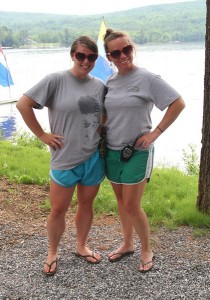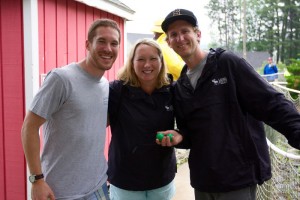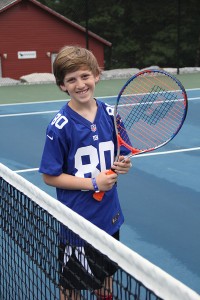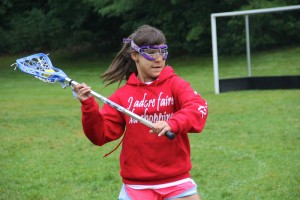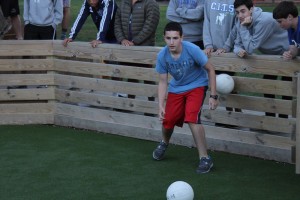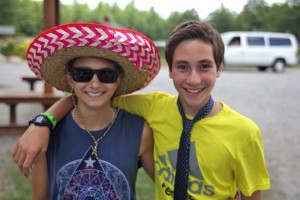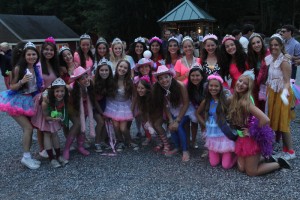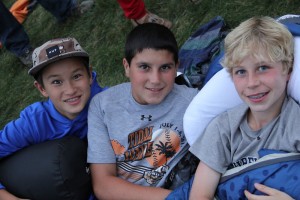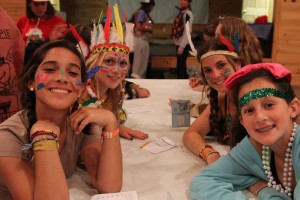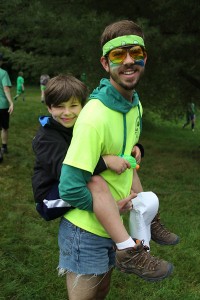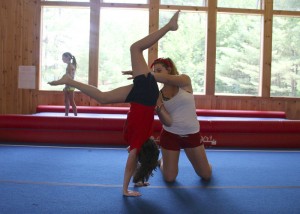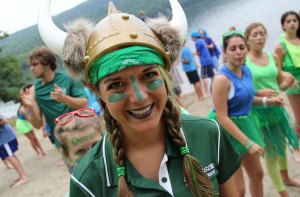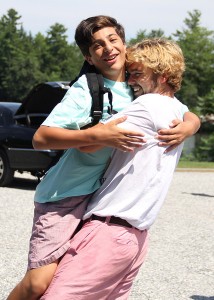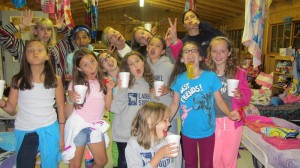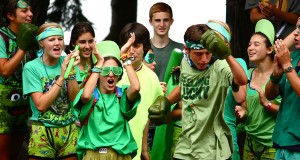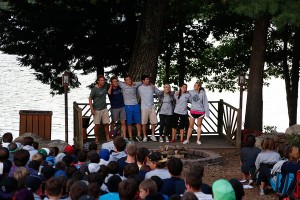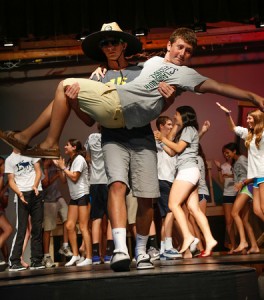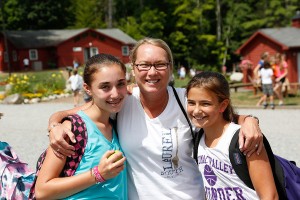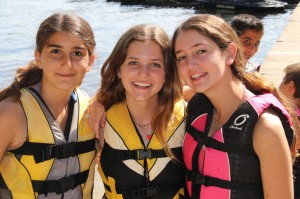 One of the most understated advantages of summer camps is how much they do to help prepare older campers for life after the summer. Increasingly, sleepaway camps are taking an interest in providing older campers with valuable experiences that will help them through the college application process and later in life. Leadership programs, college visits and community service are just a few of the offerings for older campers, and statistics show that there is a college case for them.
One of the most understated advantages of summer camps is how much they do to help prepare older campers for life after the summer. Increasingly, sleepaway camps are taking an interest in providing older campers with valuable experiences that will help them through the college application process and later in life. Leadership programs, college visits and community service are just a few of the offerings for older campers, and statistics show that there is a college case for them.
There is a rising trend of college admissions foregoing standardized test scores in favor of applicants with diverse backgrounds and experiences. An article on www.education.com reveals that colleges are realizing high standardized test scores are not necessarily indicative of good students. Rather, those students who demonstrate well-rounded backgrounds with involvement in a variety of activities, such as summer camp, generally make good students because they learn valuable skills through these activities. Beyond the activities themselves, however, colleges are considering the value of them by examining how applicants engaged in them. In other words, colleges considering activities in lieu of test scores aren’t just placing heavy weight on applicant involvement in activities such as summer camp, they’re placing considerable weight on what applicants did while involved. This creates prime opportunity for summer camps to step up and showcase just how much campers benefit from returning each summer, and many camps are answering the challenge.
Campers attend summer camp for several years—sometimes as many as eight. The summer camp environment is the perfect place for 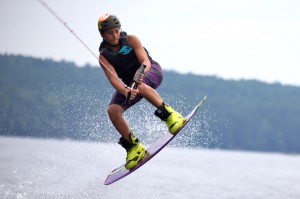 them to engage in fun activities with friends that teach skills that college admissions teams find valuable. Through special activities and opportunities to lead younger campers, teenage campers learn to be effective leaders. Some camps also offer extended counselor training programs that provide high school campers with the opportunity to take on staff roles at camp. Often, these types of programs are the first work experience for campers eager to take on leadership roles at the beloved summer home where they grew up.
them to engage in fun activities with friends that teach skills that college admissions teams find valuable. Through special activities and opportunities to lead younger campers, teenage campers learn to be effective leaders. Some camps also offer extended counselor training programs that provide high school campers with the opportunity to take on staff roles at camp. Often, these types of programs are the first work experience for campers eager to take on leadership roles at the beloved summer home where they grew up.
Beyond counselor training programs, or sometimes in place of them, a handful of camps also offer highly customized programs in which campers learn how to communicate effectively and support each other. Such programs teach inclusion and help older campers develop a resistance to falling prey to common teenage stumbling blocks such as gossip, bullying and negative peer pressure. Camps often work with professional psychologists, life coaches, and even nutritionists to maximize the benefits of these programs. These professionals are frequently featured guests who engage campers in special activities that demonstrate life lessons in fun and engaging ways.
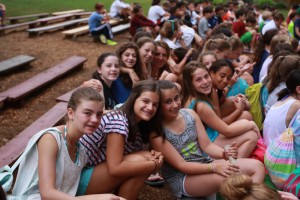 There is also a trend in camps taking on the task of taking campers on tours of a variety of college campuses. Many camps in the New England area are within proximity to some of the most esteemed institutions of higher learning in the nation, and they arrange formal tours so that their older campers can actually get a glimpse of college life. Moreover, college tours prompt students to begin considering the qualities for which they are looking in a college, such as size, geographic location, and extra-curricular offerings by seeing firsthand how these factors affect the college experience.
There is also a trend in camps taking on the task of taking campers on tours of a variety of college campuses. Many camps in the New England area are within proximity to some of the most esteemed institutions of higher learning in the nation, and they arrange formal tours so that their older campers can actually get a glimpse of college life. Moreover, college tours prompt students to begin considering the qualities for which they are looking in a college, such as size, geographic location, and extra-curricular offerings by seeing firsthand how these factors affect the college experience.
Community service programs are also a rising trend in camping, surprisingly, often by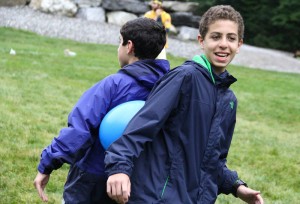 camper request. Campers grow up in camp learning to be a member of a community. They develop such a respect for that community and everything it has contributed to their lives that they want to give back. They see the value in passing on the rites and traditions with which they grew up to others. While some community service programs stay within the camp campuses, others reach well beyond camp and extend into the local or even national community. Camps openly support charities and plan special events dedicated to those causes, which means that campers are learning from an early age the value of community involvement.
camper request. Campers grow up in camp learning to be a member of a community. They develop such a respect for that community and everything it has contributed to their lives that they want to give back. They see the value in passing on the rites and traditions with which they grew up to others. While some community service programs stay within the camp campuses, others reach well beyond camp and extend into the local or even national community. Camps openly support charities and plan special events dedicated to those causes, which means that campers are learning from an early age the value of community involvement.
Parents wondering if summer camp is still as beneficial to their children as teenagers compared to when they were younger need only look at college admission trends. Chances are that camp could be that all important deciding application factor and the skills teenage campers bring away from their final few summers at camp may well be much more valuable than you thought.




